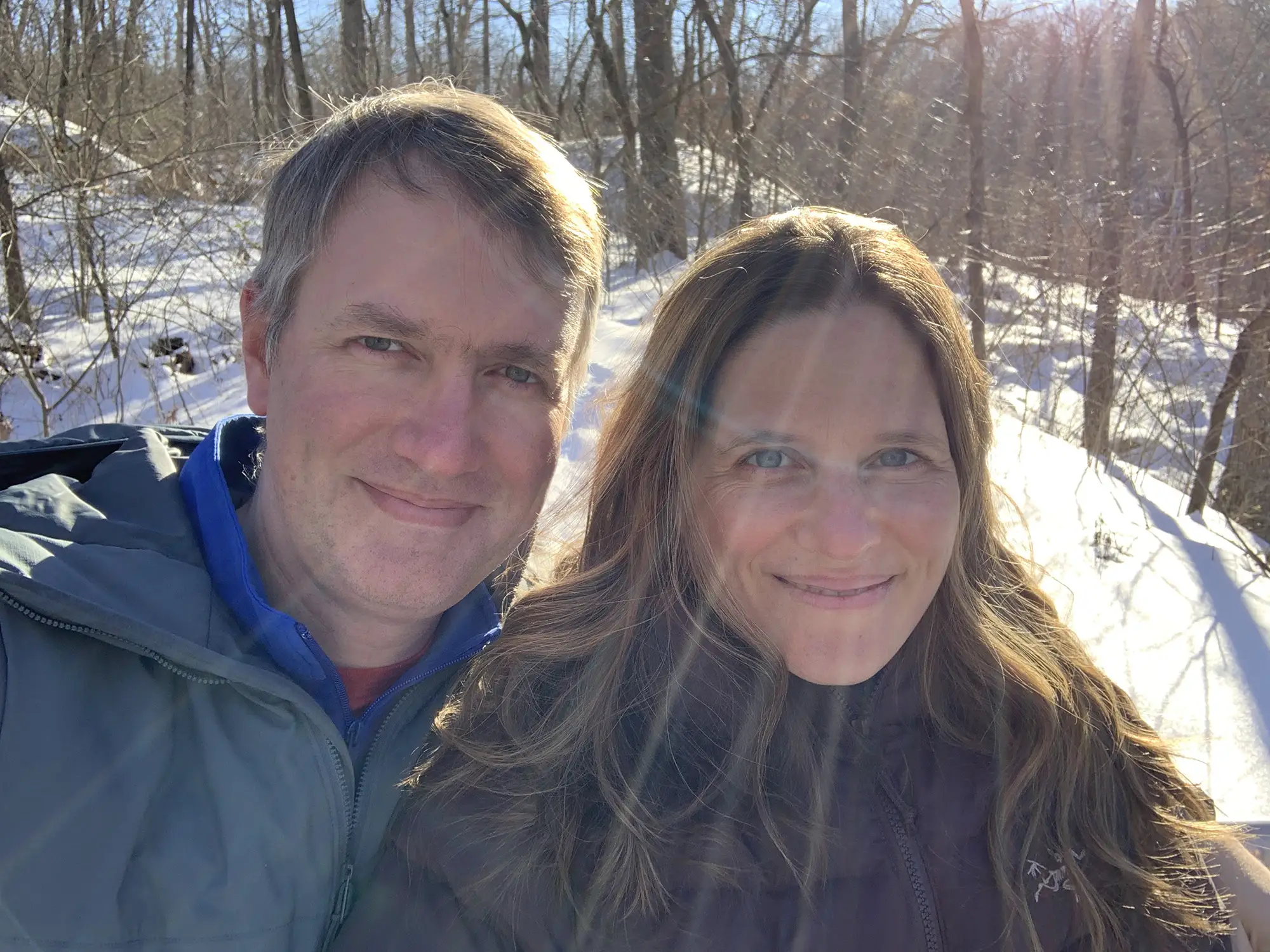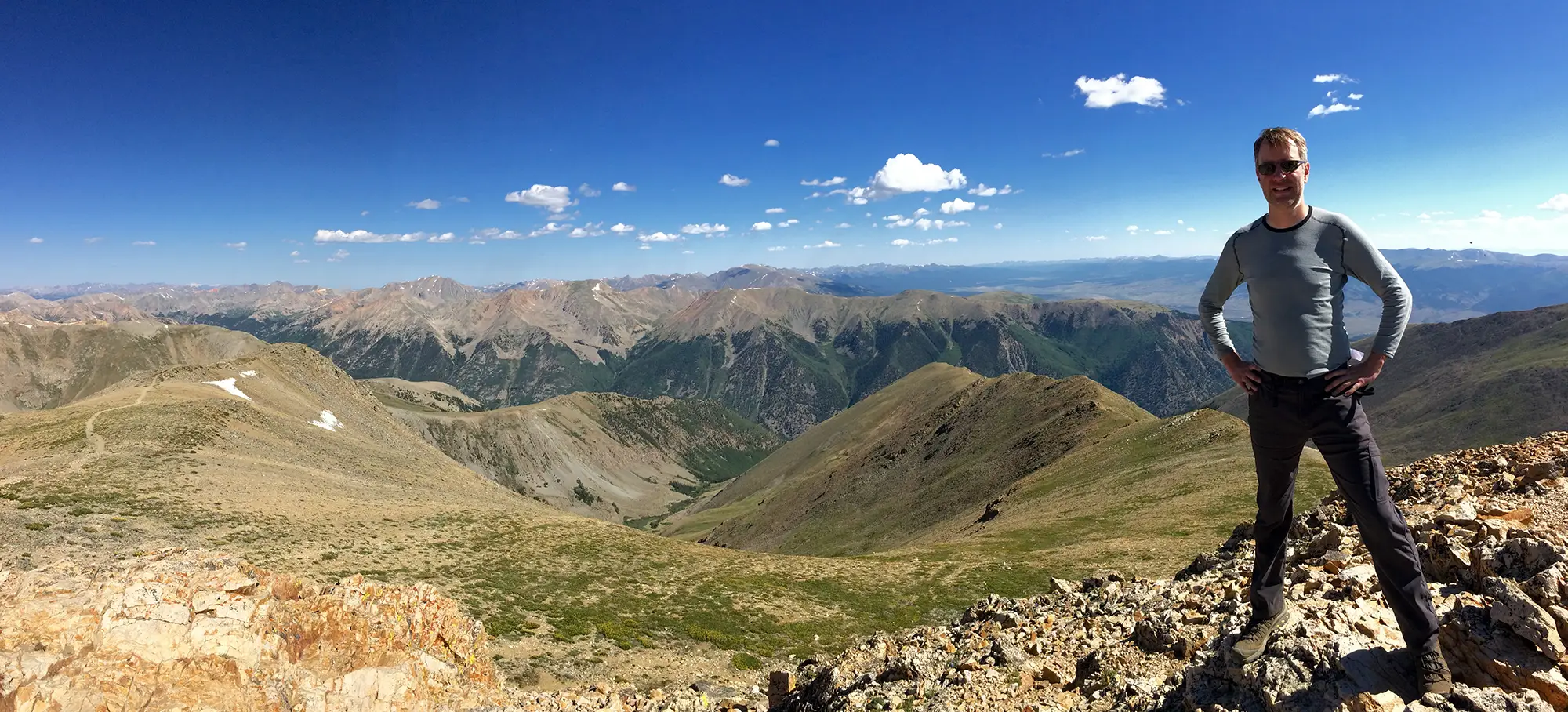
About Me
Hi, I'm Justin. I'm a scholar and an educator. Get to know me better through the Q&A below.
Why did you become a professor and what did you study?
I work in academia because I love to learn and I consider it a privilege to share what I learn with others. I hold a PhD in business analytics (formerly management science) from the University of Iowa. I have an MS in industrial engineering, an MBA, and a BS in industrial engineering from the University of Missouri.
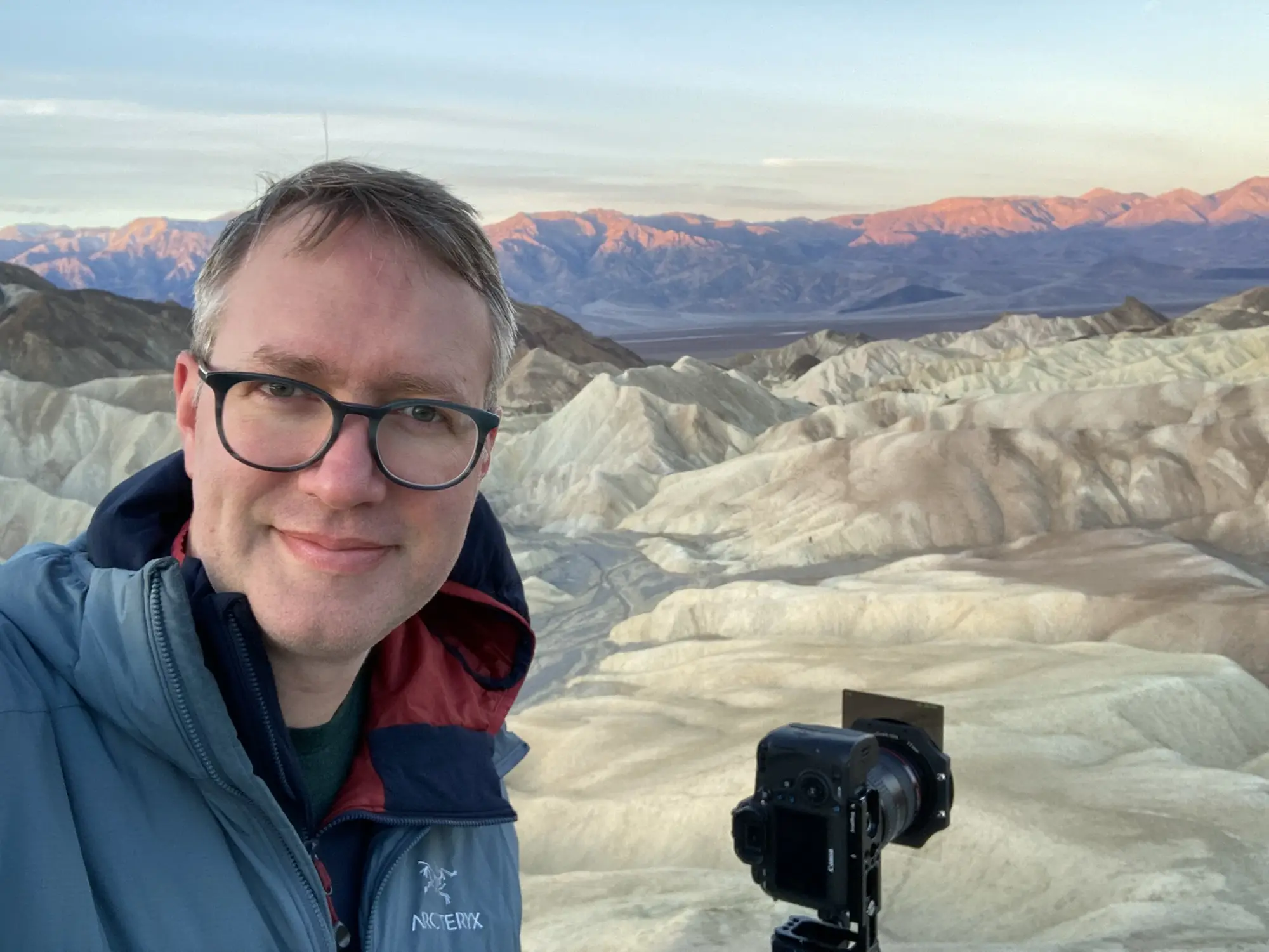
What is your research area?
I develop methods for sequential decision problems: choices made over time in uncertain environments. The common thread is optimization across what is known now and what may happen next. My work draws on optimal control (engineering), dynamic programming/Markov decision processes (operations research), and reinforcement learning (computer science). While applicable broadly, my primary focus is transportation and logistics.
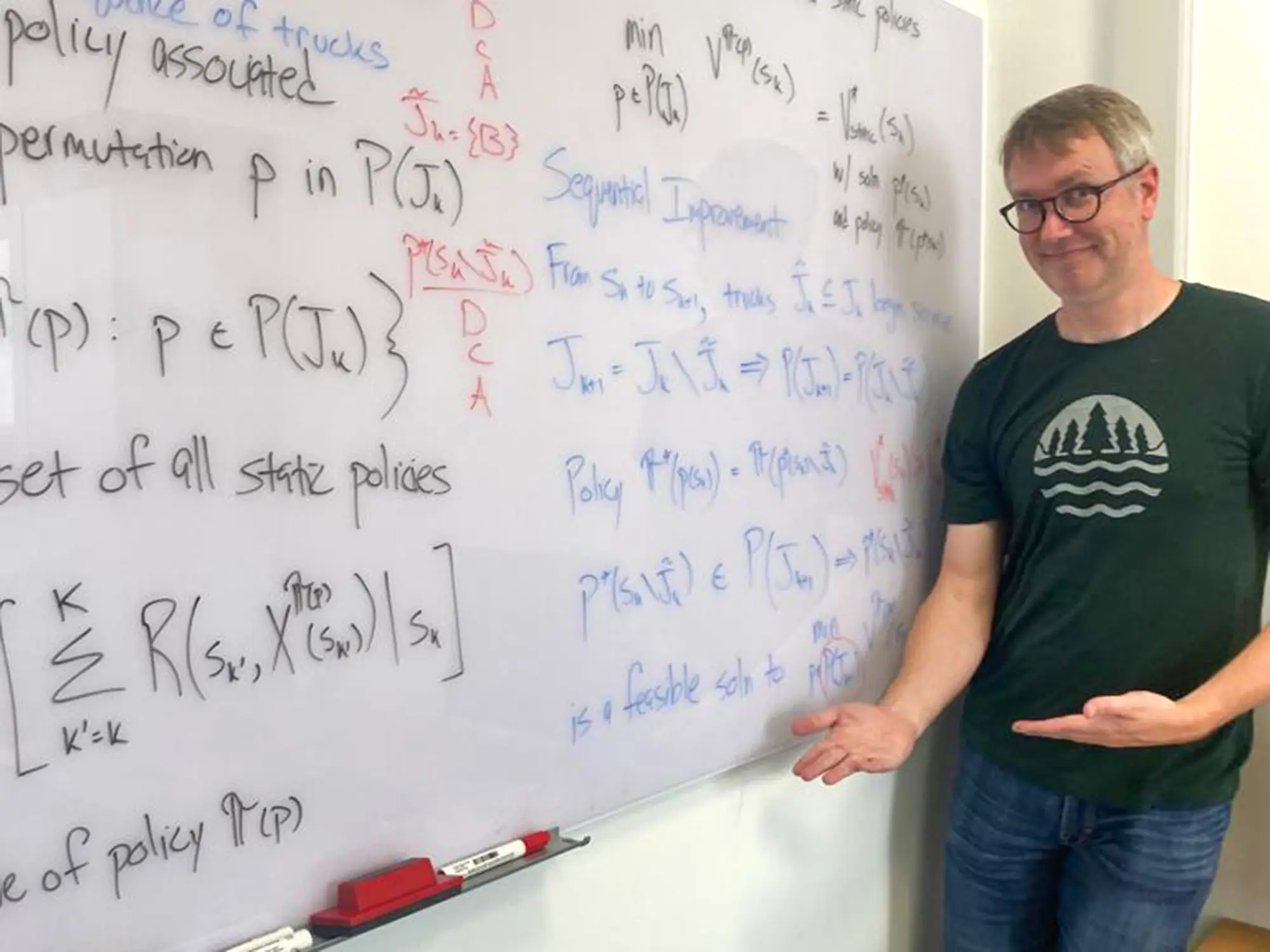
Why transportation and logistics?
Two reasons. First, logistics is a critical layer of daily life. We notice it most when it fails—empty shelves, delayed deliveries, canceled flights. I like to think that my research, even if esoteric at times, ultimately brings some rhythm and balance to our everyday lives.
Second, transportation presents rich, complex problems. Each project demands new ideas across operations research, applied mathematics, probability, and computer science. I value the challenge and the moment when a solution finally clicks.
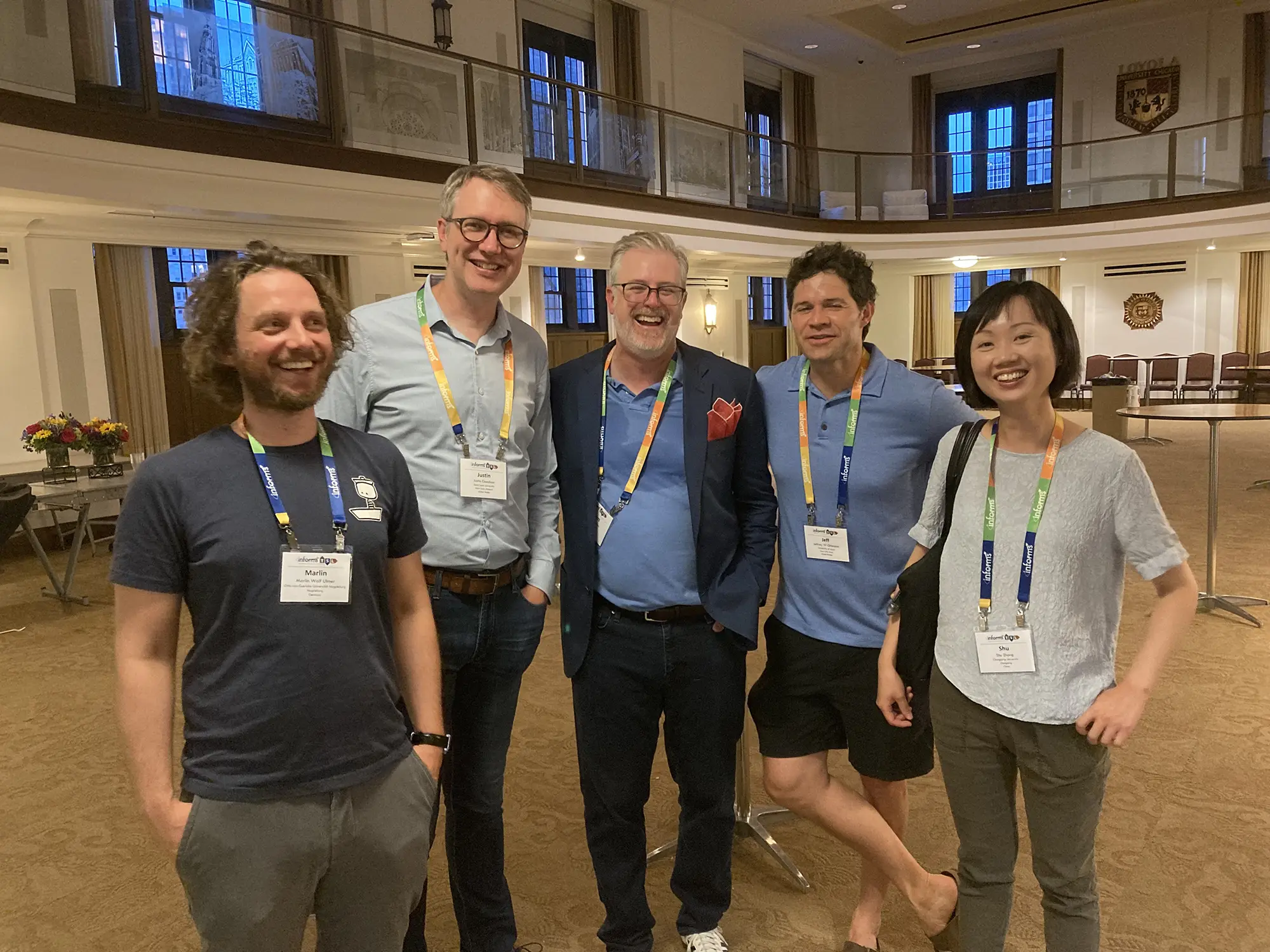
Where do you work? What do you teach?
I'm a professor at Saint Louis University's Chaifetz School of Business. I teach undergraduate, master's, and executive courses in analytics, supply chain and operations, and reinforcement learning. I also offer doctoral modules at other universities.
I direct SLU's master's program in supply chain management and led the program's move to a STEM designation. Previously, as co-director of the one-year MBA, I helped integrate data analytics across the curriculum and practicum.
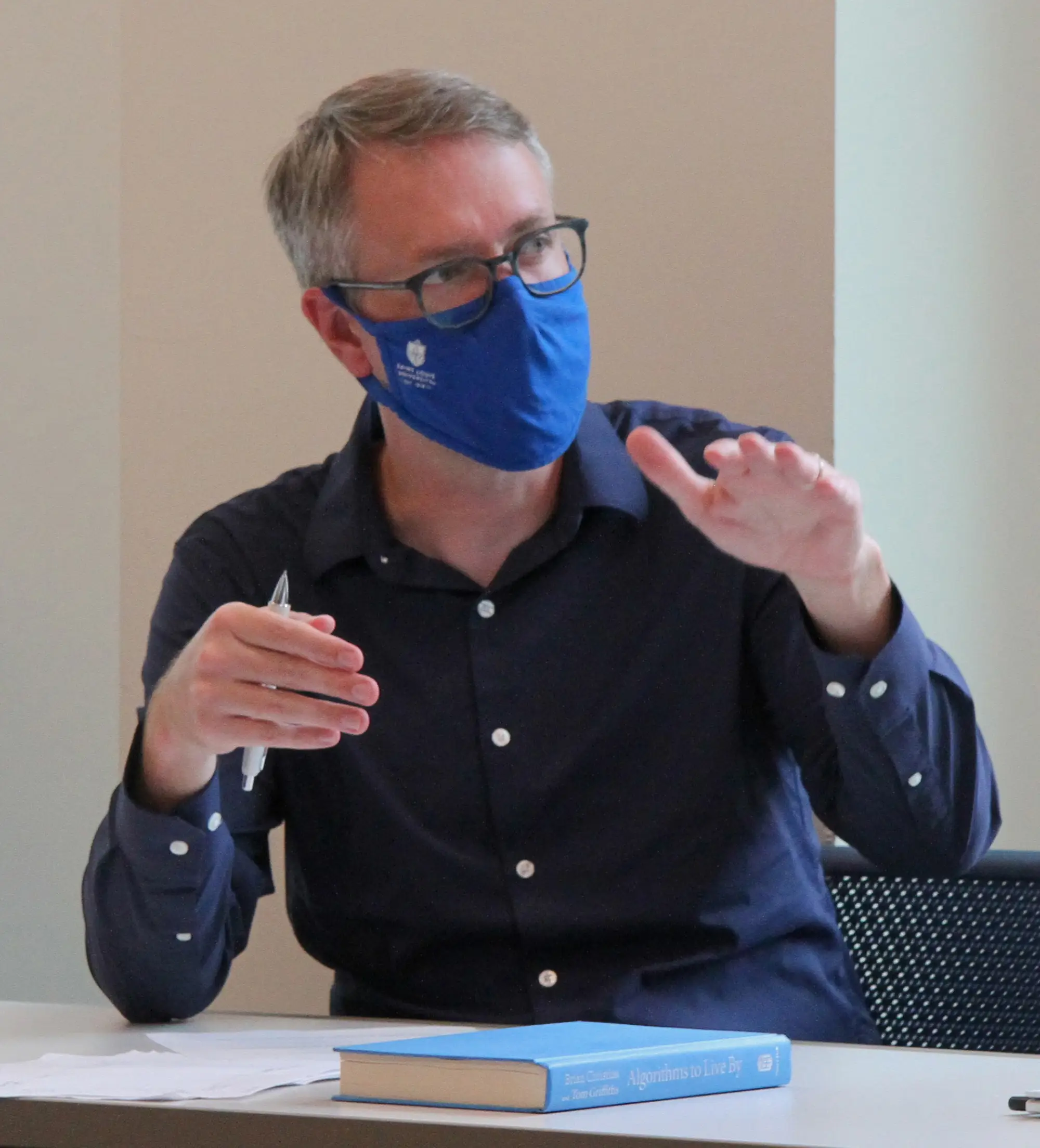
Do you work with companies?
Yes. I collaborate with firms on logistics, operations, and supply-chain challenges. Many of my academic ideas originate in practice, and practical solutions often benefit from theory. Projects include food distribution across the Midwest, global performance metrics in agriculture, and statewide resource coordination during a U.S. presidential campaign.

I'm a student, can I do research with you?
SLU does not offer a PhD program in my area, so I do not directly supervise doctoral students here. I co-advise doctoral work at partner institutions. For example, co-supervision of Nick Kullman led to several international awards, including GT2L's Best Dissertation in Transportation and Logistics. I also mentor undergraduates and master’s students with strong backgrounds in mathematics, statistics, and computer science.
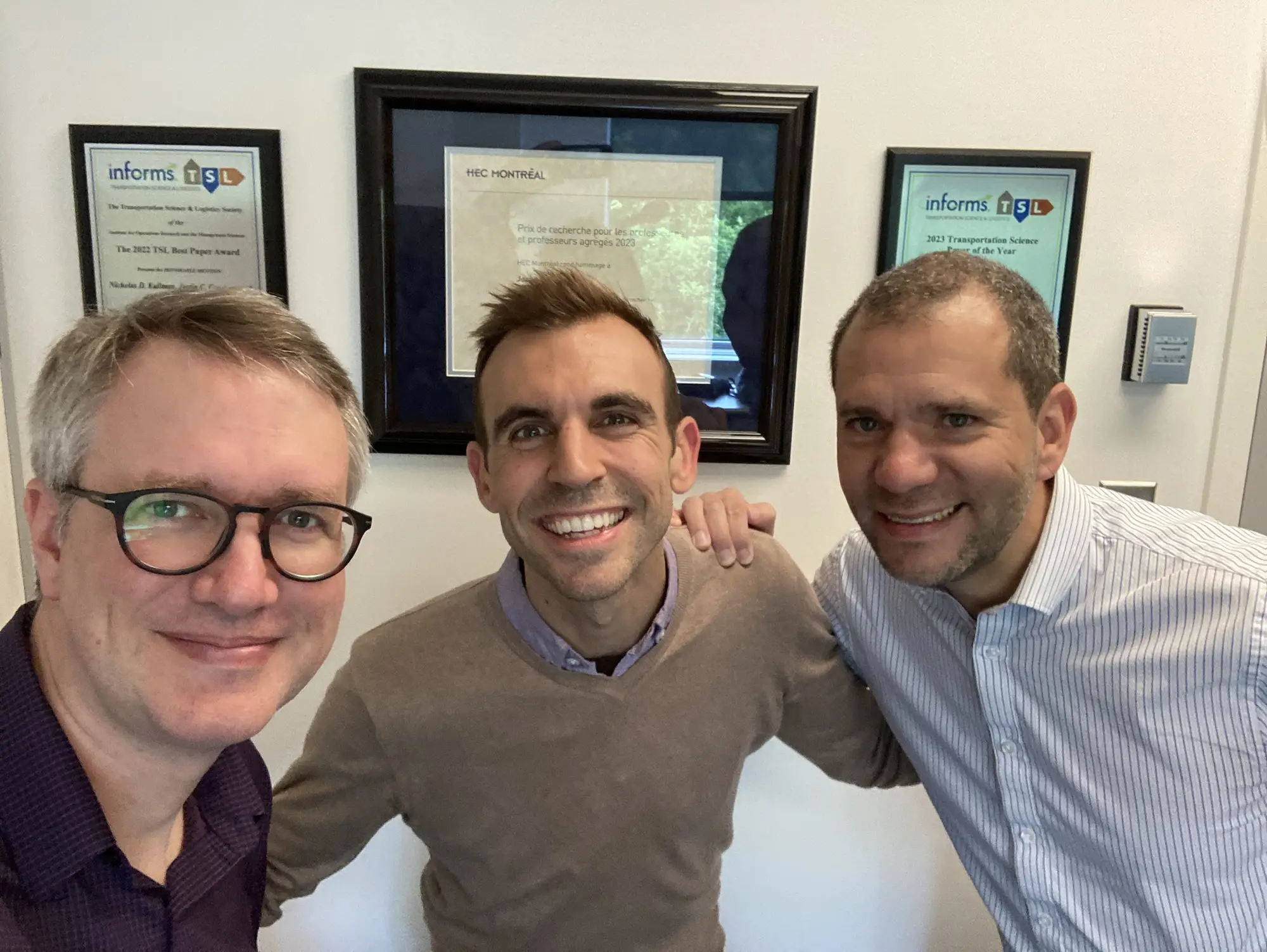
What do you like to do outside of work?
Years ago, as a doctoral student, I realized my life was entirely work. In search of a hobby, I read the instruction manual for my DSLR. What began as an exercise with buttons and dials evolved into a creative outlet. Now, I enjoy photographing people, landscapes, and abstracts.
For several years, I had the privilege of directing a strings ensemble for a local congregation. I struggled to find music that suited the players' skill levels, which ranged from beginner to virtuoso. So, I started arranging my own music and composing original pieces.
I also enjoy writing, hiking, cycling, and cooking. If you're a student of mine, and you ask nicely, I might bake bread for the class.
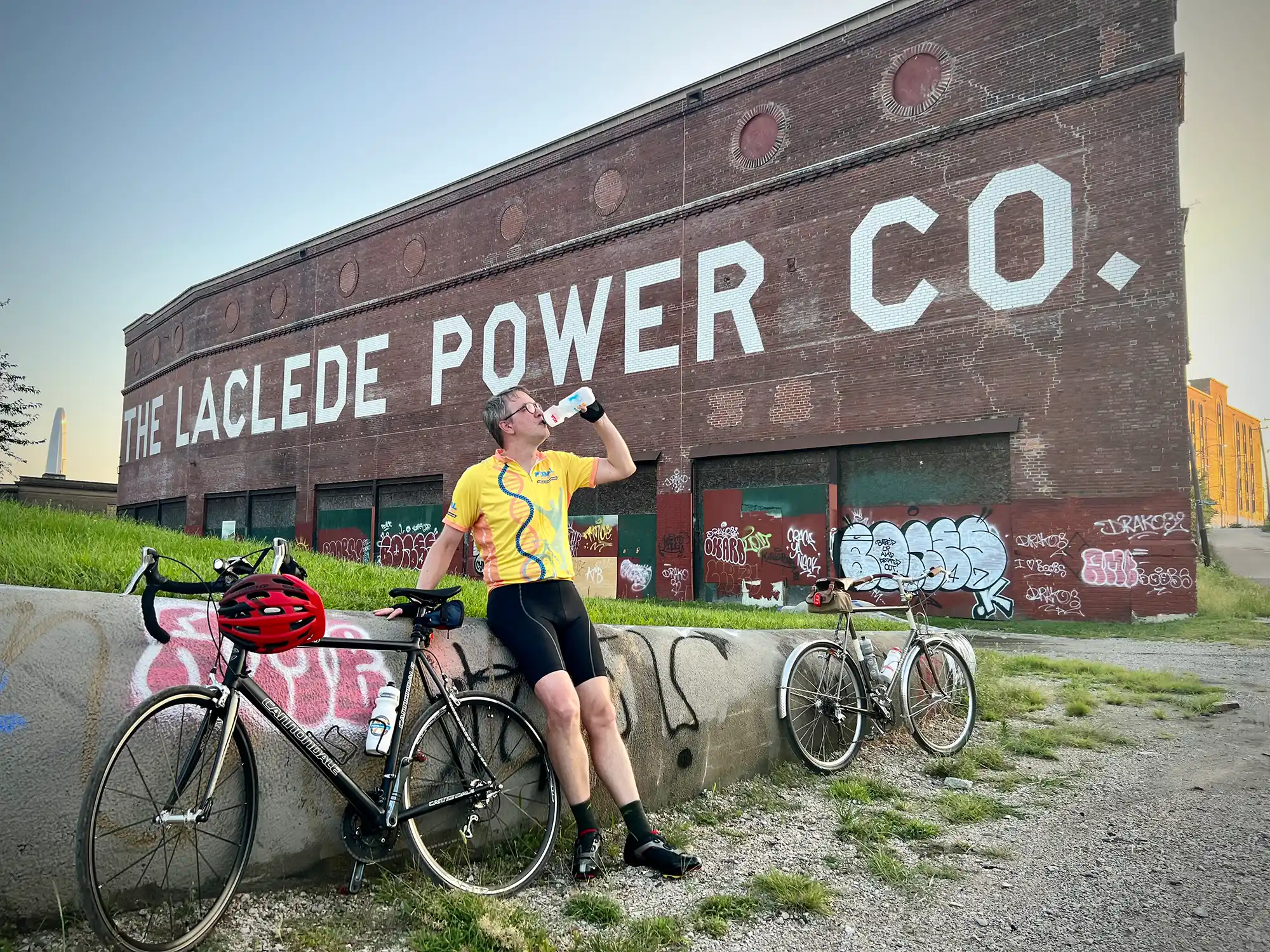
Do you have a personal philosophy for life?
Approaching forty, I realized that—statistically—I was halfway through life. Wanting to make the most of my remaining years, I made a short list of what matters. On days when life feels chaotic, and it seems like nothing I do matters, I make sure that whatever I'm doing is on the list, then trust that I'll feel better later. Usually, I do.
Engage in Meaningful Relationships
Invest time with people who share my interest in honest, deep, and personal discussion and who reciprocate my desire for friendship and community.
Study Challenging Problems
Pursue problems that matter, that are hard, and with collaborators who value meaningful relationships.
Leave a Helpful Legacy
Build a portfolio of ideas and work, including through research, reflection, and artistic endeavors.
Explore Natural Beauty
Make time to be outdoors and pay attention.
Be Kind and Charitable
Give generously and treat people well.
